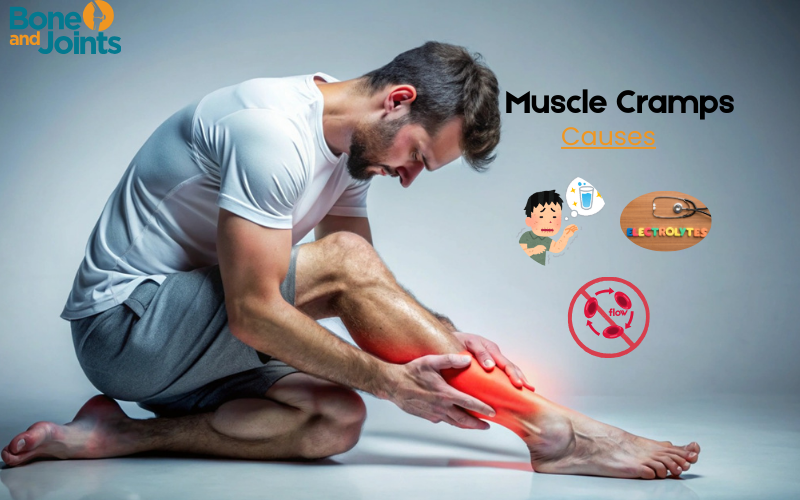What Is The Exact Cause Of Muscle Cramps?
Every person experiences muscle cramps at least once. During nighttime rest or physical exercise a rapid intense pain suddenly grabs your leg muscles rendering them stiff. We all have wondered about the reason behind these occurrences throughout our lives.
Problems with understanding muscle cramps persist even though they occur frequently throughout the population. Scientific research has created multiple solid clues that explain this phenomenon when examined together. Let's break it down.
A Muscle Cramp refers to involuntary strong muscle contractions which fail to relax easily. Usually Nepalese people who have a lifestyle characterized by lots of physical activities as most Nepalese in the rural areas are engaged in farming or laborious activities.When a muscle or muscles experience an involuntary strong contraction they fail to immediately relax which causes the condition known as a muscle cramp. A cramp usually takes place between several seconds up to multiple minutes while causing sensations from bothersome to severely painful.
Cramps appear throughout the body yet tend to strike the calves, thighs, feet, hands along with the abdominal muscles.
So, What Is The Exact Cause Of Muscle Cramps?
There are a variety of reasons that lead to this painful situation called muscle cramps. Let’s light the torches and enlighten ourselves regarding the query, what is the exact cause of muscle cramps?
1. Dehydration
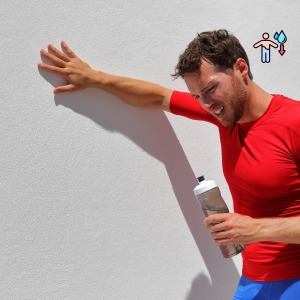
All bodily functions depend on water consumption because it enables proper muscle contractions. A disturbance in your electrolyte levels particularly sodium potassium calcium and magnesium occurs when you are dehydrated. Dehydration disturbs the electrical signals that travel from your brain to your muscles which produces signals between your brain and muscles that create misfiring leading to cramps.
2. Electrolyte Imbalance
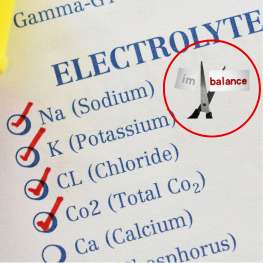
Drinking plain water is not enough to prevent muscle cramps because low electrolyte levels may prevent the muscles from getting relaxation signals. Between potassium and magnesium these minerals play an especially crucial role. Athletes who extensively sweat create the perfect conditions for muscle cramps because they lose both water and electrolytes from their bodies.
3. Overuse and Fatigue
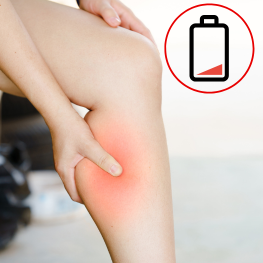
Relaxation of muscles is interrupted by overwork and physical exhaustion. Your body’s nerves which guide your muscle movements become overloaded through repetitive activities such as running or weightlifting and standing at unusual lengths. The muscles begin to trigger themselves repeatedly as a result of this condition.
4. Poor Blood Flow
Robust blood circulation to a muscle depends on free blood flow through the arteries so any obstruction might result in cramping. The occurrence of leg cramps is most common in elderly people along with those who have circulation problems when they exercise.
5. Nerve Compression
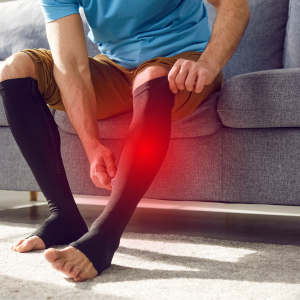
Nerve problems in the spinal area that compress spinal nerves will cause leg cramps. Sudden muscle contractions emerge from a mismatch of signals between your nerves which results in unprovoked spasms.
6. Inactivity and Positioning
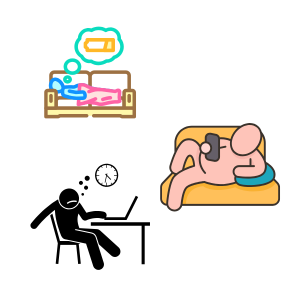
Does your body ever enjoy a cramp during sleep time? A prolonged period of muscle compression in an improper position may cause cramps to develop. Future cramps can appear when you spend several hours in a static position particularly targeting your legs or feet.
7. Medical Conditions and Medications
Medically-diagnosed conditions such as diabetes and kidney disease and thyroid disorders as well as nerve damage may cause regular muscle cramps in patients. Medications such as diuretics and statins together with asthma drugs tend to increase the risk of muscle cramps occurring.
Can You Prevent Muscle Cramps?
Absolutely. Several proven techniques exist to prevent cramps.
-
Drinking enough water proves crucial for everyone yet becomes especially important when exercising under warm conditions
-
Consuming potassium as well as magnesium and sodium together with calcium through a balanced diet provides prevention against cramps.
-
Warming up followed by cooling down properly before and after exercise is essential.
-
Regular stretching should focus on tightening areas which include your hamstrings and calves.
-
Pay attention to your body signals since rest when exhausted will be beneficial.
-
Diminish frequent muscle cramps by consulting your physician when they disrupt your life routines.
Final Thought
Several mysteries surround the causes behind muscle cramps although scientists already know most of the factors that contribute to this condition. The combination of dehydration and overused muscles and electrolyte imbalance forms the main causes although it may signal other health issues within your body. It is always better to hug prevention than seek a cure desperately. Being aware of these factors that might lead to muscle cramp and actively pursuing a balanced lifestyle can help your body stay away from muscle cramps. Bone and Joints would not like to breathe a sigh of relief, now that the query, what is the exact cause of muscle cramps?, is effectively addressed.
